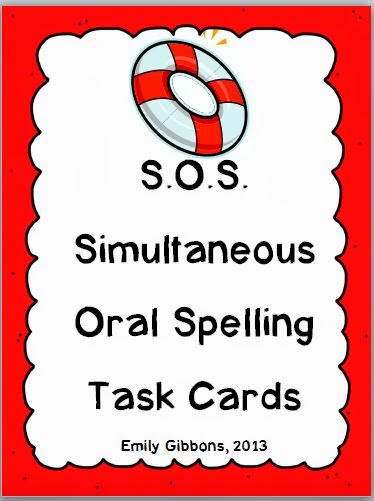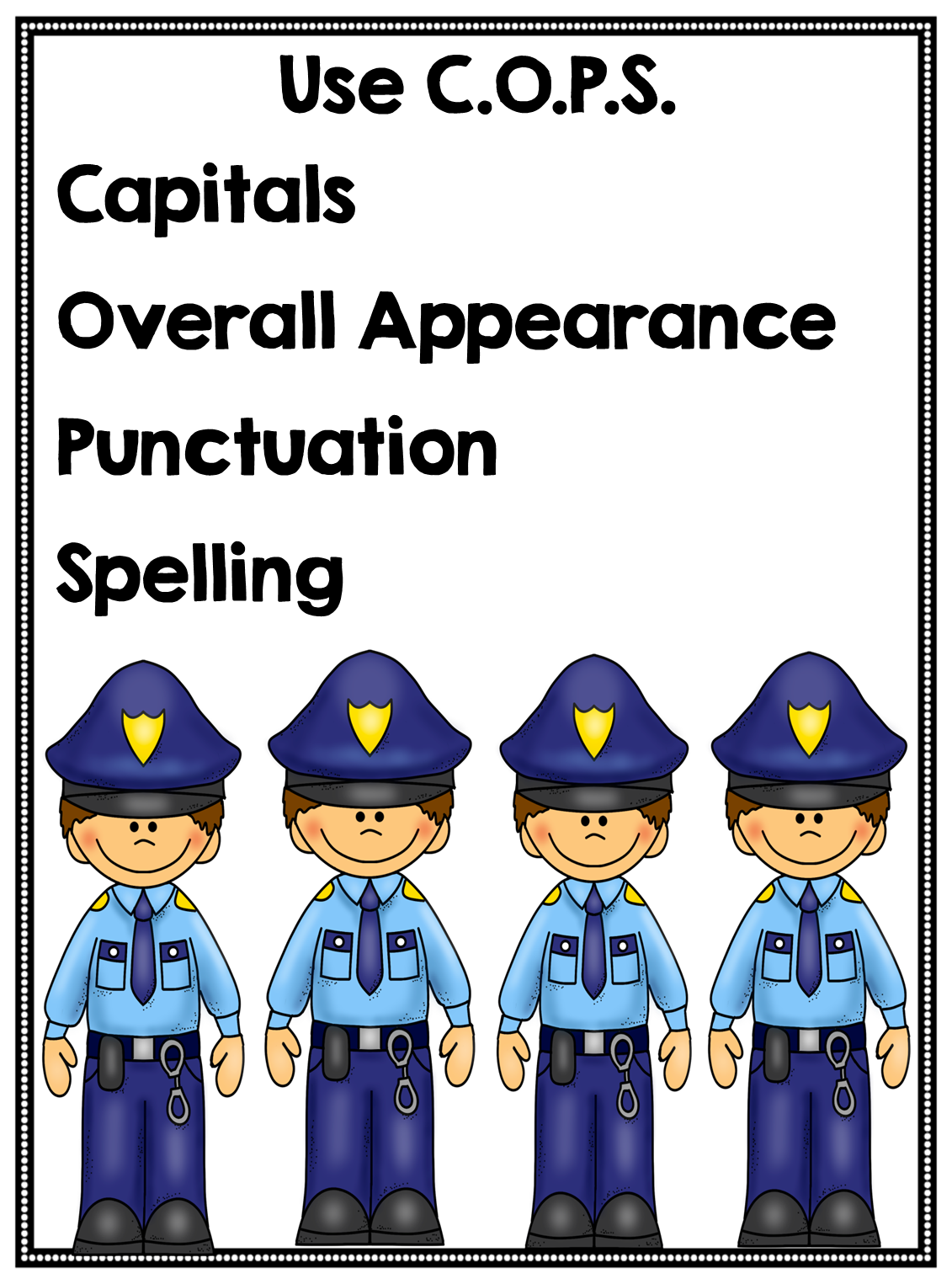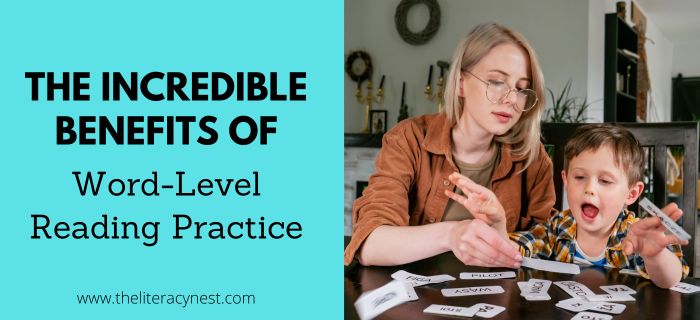Share:
Hi everyone! Today I’m going to talk about a multi-sensory spelling strategy called S.O.S. The S.O.S. (Simultaneous Oral Spelling) strategy is a commonly used technique used as one way to help improve a dyslexic reader’s ability to spell. It has been researched that by using a multi-sensory approach to practice spelling, the dyslexic learner would have build better phonological awareness, which is a huge weakness. S.O.S. uses visual, auditory and kinesthetic learning modalities all the same time in during spelling dictation. It takes a great deal of focus and concentration, but once children know the steps involved, they can move through the process easily. If you have struggling readers due to weak phonological awareness and are also poor spellers, this strategy may work very well for them.
These are the 6 steps:
The teacher dictates a word to the student(s). Total face contact is necessary so the child sees the formation of the word on the adult’s lips.
The student repeats the word back out loud.
Starting with the thumb, the child sounds out the word out loud, holding up one finger for each sound. Make sure they are saying each sound out loud. Step 3 is a critical step. You’ll be able to tell which sounds the student hears right away. If a child really struggles with this step, I use a sound slider technique. I have a row of blank Elkonin boxes typed up on a blank card. Then I hand them plastic counters to literally slide one counter up into each box for every sound they hear. Sometimes I see children that can’t break beginning or final consonant blends apart, so they need this support.This may be just the thing needed if you have someone with weak phonemic awareness.

Starting with the thumb, students will finger spell the word, holding up one finger for each letter. Make sure they are saying the letters out loud. Again, you’ll be able to assess whether your student(s) is applying the phonics and spelling strategies you’ve taught them. I notice a lot of self talk and reflection during this step. You can really see those wheels turning in their minds! This step tells me whether they need more practice with a particular phonogram or spelling pattern in future lessons.
Now comes the writing part. The student will write the word out loud as they write it on their dictation paper. They see and hear the word as they write, which is one of the hallmarks of multi-sensory teaching.
Finally, the student reads the word out loud. This is an important time for them to do a quick self reflection on whether the word looks right to them. Always place that ownership on the child! One self checking strategy I have my kids use is C.O.P.S.
Here is a sample page that will be included in brand new product,
The Essential Set of Orton-Gillingham Materials.
You may be wondering after reading all these steps two things:
-
How many words do you give? Answer: I usually give anywhere from 8-12 words.
-
How long does this take? Typically, it will take about 10 minutes max.
You the teacher should always make a judgement call about a child’s comfort level. If they are really struggling and frustrated, cut the dictation short. That tells you right away adjustments in pacing need to be made.
One last tip!
I am a real stickler for a child following these steps correctly EVERY time. I give gentle reminders, but the minute you let up on one step, I find they develop their own variations. Those habits can be hard to break.
If you enjoyed reading about this strategy and would like to try it out, I’ve created a set of task cards with the 6 steps written on them, as well as a recording sheet. This product is available in my
Teachers Pay Teachers store:
Thank you so much for reading my post today! Have you used the S.O.S. strategy before? I’ve love to hear from you in the comments below.
Credits:
The Orton-Gillingham Manual by Anna Gillingham and Bessie Stillman, 1997
Image by: morguefile.com
Share:
















I am still a student so i live a very stressful life. I am often busy doing homework or working on some school stuff. I often ask for help though. For example, the pile of write-ups and reports that I needed to accomplish was like impossible to finish on my own so I delegated some of the tasks to my two big sisters, my friends and some, to paid professionals. Most of the writing assignments I had was done by the http://www.galaxyessay.com/ the internet has to offer. Of course, amidst all the help that I got, I was still able to work on things on my own for the most part. And with that, a road trip with friends plus some exciting activities, like trail riding, is like the total stress reliever, making me and of course my friends, free from the worries and stresses of school life.
This comment has been removed by the author.
If you like all the writing-related articles and wish to examine even more of that kind, come over here
Nice article. Was writing an essay on a similar topic for http://buyessayteam.com/. That was an interesting experience.